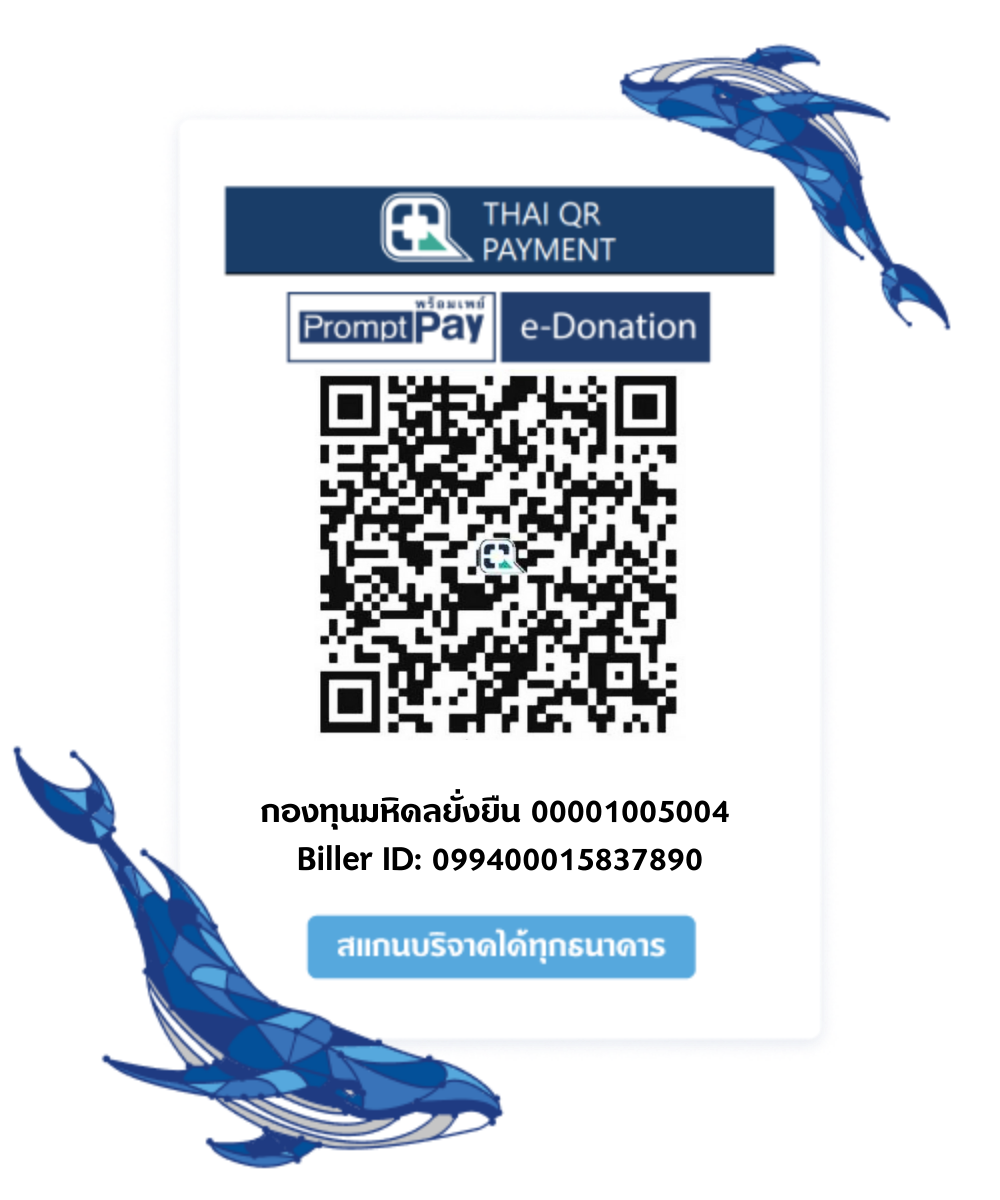● Siriraj Genomics: Since cancer is caused by genetic abnormalities, decoding genetic information is key to understanding the nature of cancer cells. For over 16 years, Mahidol University has collected the genetic data of Thai people, analyzing it to identify the causes of cancer at both the individual and family levels. This helps to identify those at risk and enables preventive measures to be taken before the disease develops.
● Electronic Nose (E-NOSE): This technology analyzes odors and has the potential to assist in assessing the risk of certain diseases, including certain types of cancer. Research has shown that changes in body odor, detectable in secretions, sweat, or urine, can sometimes be associated with certain health conditions. If this technology is further developed and validated, it could potentially contribute to new methods for assessing individual health risks based on scent profiles. However, it’s important to note that while promising, E-NOSE technology is still in the research and development phase for medical applications.
● Ramathibodi Comprehensive Tumor Biobank: The Faculty of Medicine at Ramathibodi Hospital has a unit dedicated to collecting clinical specimens from cancer patients, including cancerous tissues, normal tissues, blood components, and bodily secretions that are leftovers from diagnosis and treatment. These samples are preserved through freezing for long-term study and research. The goal is to support in-depth, molecular-level cancer research for a better understanding of cancer cells, and to be a comprehensive source for novel medical discoveries specific to Thai cancer patients
Although patients may have the same type of cancer, their symptoms, treatment responses, and causes can differ. The more we learn about cancer cells, the better we can find ways to prevent and treat the disease.







